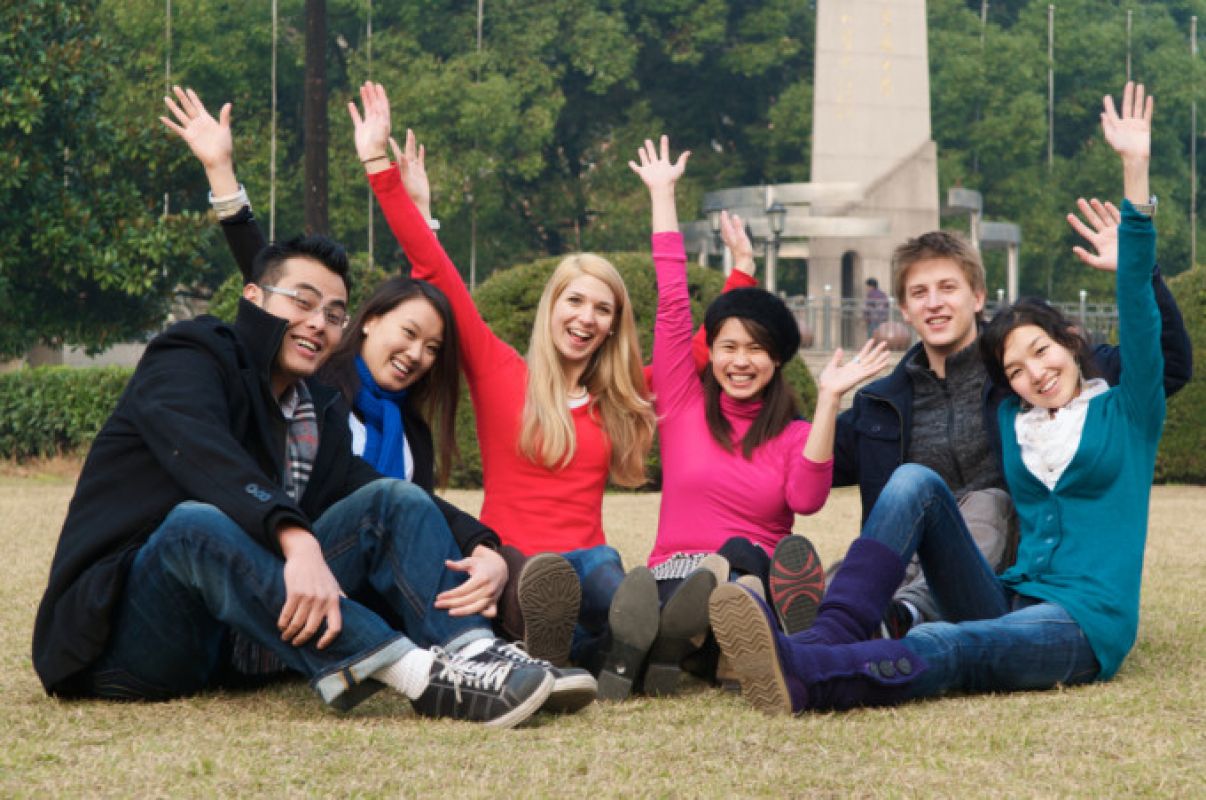Why do the South Korean elite send their children abroad?
 Written By: Jihyun Sohn (손지현)
Written By: Jihyun Sohn (손지현)
I think I’m pretty qualified to answer this question, considering I studied abroad, despite being more ‘upper middle-class’ than actually ‘elite’.
Technically, we moved abroad due to my dad’s job. But honestly, part of the reason my dad aimed to get a long-term job abroad in the first place was that he wanted me to have an international education. Why?
English. South Koreans tend to have an obsession over learning English, and being fluent in English often infers one is wealthy and well-educated (given that said person is Korean). As such, a lot of people study abroad to have a hands on experience with English immersion, pretty much.
The ‘International Experience’. Similarly, having been educated abroad insinuates one is worldly and well-educated - thus there’s a slight perception that studying abroad will broaden your mind (which, I believe, is true to a certain extent).
To escape the South Korean education system. This is probably the largest reason why people study abroad. Most people hate the inefficient and dull education system that exists here. Thus, they tend to try to send their children to international schools that offer other education options, such as the IB or AP. As someone who’s undergone the IB, I definitely agree it’s prepared me a lot more than the Korean system would have.
As a ‘spec’. The Korean society runs on something called ‘spec’s, basically a list of qualifications and experiences that look excellent on your resume. Having lived abroad certainly looks good on paper, especially if one has the Toefl scores and degrees to support it.
As a method of escaping South Korean society in general. A lot of Koreans see studying abroad as the first step of emigration.
Certain International degrees seem superior. I mean, would someone prefer a degree from ‘Harvard’, or one from ‘Seoul National University’. Most people, even if they knew what Seoul even was, would probably have chosen the first in a heartbeat. The same applies to Koreans.
Those are pretty much the factors I see at the moment. Either way, most Koreans accept the foreign ‘private’ education system as superior in many ways and find it more appealing.